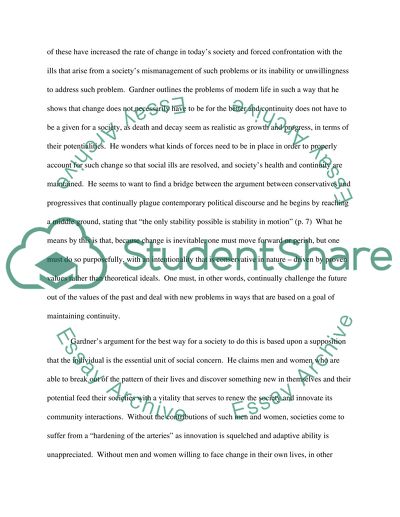Cite this document
(“Self-Renewal: The Individual and the Innovative Society Essay”, n.d.)
Retrieved from https://studentshare.org/literature/1432442-self-renewal-the-individual-and-the-innovative
Retrieved from https://studentshare.org/literature/1432442-self-renewal-the-individual-and-the-innovative
(Self-Renewal: The Individual and the Innovative Society Essay)
https://studentshare.org/literature/1432442-self-renewal-the-individual-and-the-innovative.
https://studentshare.org/literature/1432442-self-renewal-the-individual-and-the-innovative.
“Self-Renewal: The Individual and the Innovative Society Essay”, n.d. https://studentshare.org/literature/1432442-self-renewal-the-individual-and-the-innovative.


